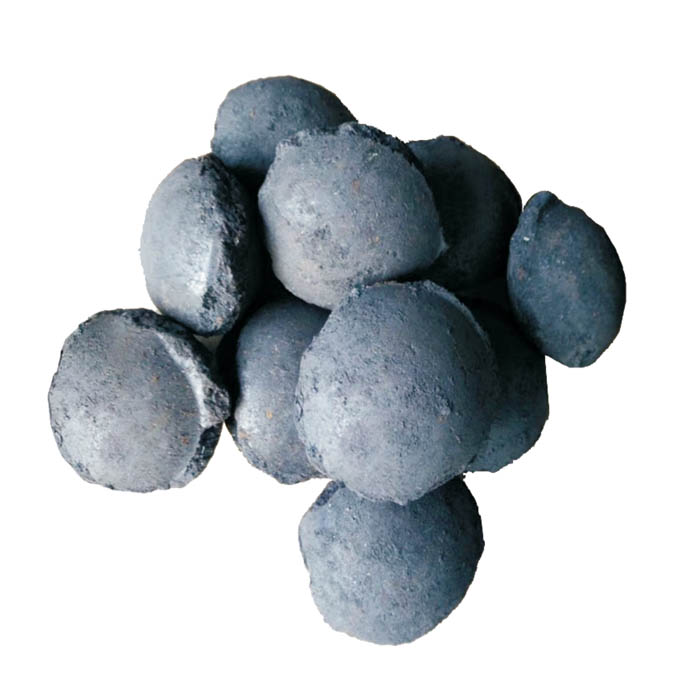Dec . 12, 2024 11:42 Back to list
china pipe thermal insulation materials
The Importance of Thermal Insulation Materials in China’s Pipe Industry
In recent years, China's rapid industrial development has prompted a significant investment in infrastructure, including pipelines that transport fluids across vast distances. As energy efficiency and sustainability become paramount concerns, the selection of appropriate thermal insulation materials for pipes has gained increased attention. Thermal insulation not only reduces energy losses but also enhances safety and operational efficiency. This article explores the various types of thermal insulation materials utilized in China's pipe industry and their significance.
Understanding Thermal Insulation in Pipelines
Thermal insulation refers to the materials used to impede the transfer of heat between the pipeline contents and the surrounding environment. In industrial applications, whether it be in oil and gas transportation, chemical processing, or district heating systems, thermal insulation helps maintain the desired temperature of fluids, minimize energy consumption, and prevent condensation or freezing in colder climates.
Types of Thermal Insulation Materials
Several thermal insulation materials are commonly used in the Chinese pipeline sector. Each material has unique properties, advantages, and application contexts
1. Fiberglass Insulation This is one of the most widely used insulation materials due to its excellent thermal performance, lightweight nature, and resistance to moisture. Fiberglass insulation can effectively reduce heat loss in high-temperature pipelines and is often employed in both residential and industrial applications.
2. Polyurethane Foam Known for its superior insulation properties, polyurethane foam is ideal for pipelines that require high thermal resistance. Its low thermal conductivity makes it suitable for applications where maintaining temperature is critical. Additionally, its flexibility allows for easy application on various pipe sizes and shapes.
3. Mineral Wool Composed of fibers made from natural minerals, mineral wool provides high resistance to fire and sound. This type of insulation is particularly beneficial in industrial facilities where fire safety is paramount. Its thermal stability makes it an excellent choice for high-temperature applications.
4. Cellular Glass This rigid insulation material offers excellent thermal performance and is resistant to moisture, making it suitable for pipelines prone to condensation. Moreover, cellular glass can withstand extreme temperatures, making it ideal for cryogenic applications.
5. Rubber Insulation Used primarily for smaller pipes, rubber insulation provides excellent flexibility and easy installation. Its closed-cell structure helps to prevent moisture absorption, which is vital for preventing corrosion in metal pipes.
china pipe thermal insulation materials

Factors Influencing Material Selection
The choice of insulating material for pipelines in China is influenced by various factors, including the type of fluid being transported, the operating temperature, environmental conditions, and regulatory standards. Additionally, cost-effectiveness plays a significant role, as industries aim to balance quality and budget constraints while achieving energy efficiency.
Benefits of Proper Thermal Insulation
Investing in high-quality thermal insulation for pipelines offers numerous benefits
- Energy Efficiency Proper insulation dramatically reduces heat loss, resulting in lower energy consumption for heating or cooling processes.
- Safety Enhancement Insulated pipelines minimize the risk of thermal shocks, reducing the chances of leaks or ruptures under extreme temperature changes.
- Environmental Impact By improving energy efficiency, effective thermal insulation contributes to lower greenhouse gas emissions, aligning with China's commitment to sustainable development.
- Longevity of Infrastructure High-quality insulation reduces the risk of corrosion and wear on pipelines, extending their lifespan and reducing maintenance costs.
Conclusion
As China's pipeline infrastructure continues to expand, the importance of selecting suitable thermal insulation materials cannot be overstated. With an array of options available, industries must consider the specific requirements of their applications to optimize efficiency and safety. Investing in advanced insulation technologies not only leads to immediate economic benefits but also supports China’s broader goals of sustainability and environmental responsibility. By prioritizing effective thermal insulation, the pipeline industry can make significant strides toward a more energy-efficient future.
-
Premium Building Material for Round Wall Exporters, Manufacturers & Suppliers
NewsJul.30,2025
-
Top Carbon Petroleum Coke Exporters – Reliable Quality & Fast Delivery
NewsJul.30,2025
-
Premium Building Material for Round Wall Exporters – Durable, Versatile Solutions
NewsJul.29,2025
-
High Performance Tundish Dry Vibrator for Steel Casting Solutions
NewsJul.29,2025
-
First Bauxite Exporters – Leading Manufacturer & Supplier Worldwide
NewsJul.29,2025
-
Top Tundish Covering Agent Exporters – Reliable Manufacturer & Supplier
NewsJul.28,2025
